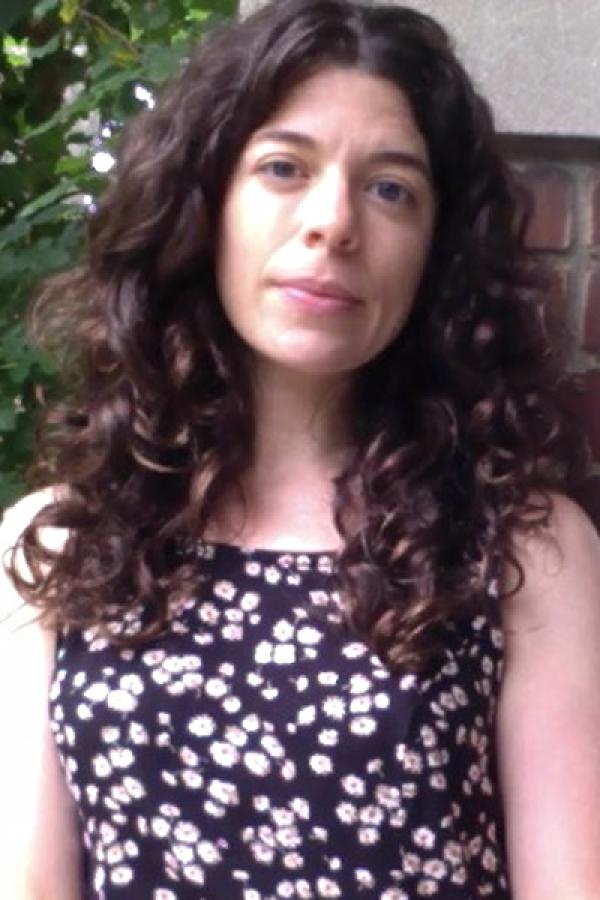Sabrina Jaszi

Photo courtesy of Sabrina Jaszi
Bio
Sabrina Jaszi is a translator and writer based in Oakland, California. She is a doctoral candidate in Slavic languages and literatures at University of California, Berkeley and holds an MFA in fiction writing from the University of Florida. She translates primarily from Russian, Uzbek, and Ukrainian. Her translations and writings on translation have been published by the New York Review of Books, Astra Magazine, the Paris Review, Subtropics, Words Without Borders, and others. Her fiction writing has appeared in StoryQuarterly, the New Ohio Review, J Journal, and elsewhere; it has been awarded the Roselyn Schneider Eisner Prize in Prose and the Julia Keith Shrout Short Story Prize. She is a founding member of the translation collective Turkoslavia and co-editor of Turkoslovia journal, published by the University of Iowa's Translation MFA program.
Project Description
To support the translation from the Russian of the novel Dekada by Semyon Lipkin. Born in Odessa to Jewish parents, Lipkin (1911-2003) is best known as a Russian translator of Central Asian and Caucasian literature who dedicated himself to promoting little-heard non-Russian perspectives. Due to Soviet limitations, he struggled to publish his own work, which explores themes of history, philosophy, politics, and religion. Dekada was released in New York in 1983, appearing later in Russia on the eve of the Soviet Union’s dissolution in 1990. The novel’s characters are informed by Lipkin’s experiences as a Red Army correspondent and behind-the-scenes literary force.
I first learned about the novel that I will be translating seven years ago while working in the Slavic department of the University of Illinois library and have been wanting to translate it ever since. It’s a work that seemed made for me since it brings together a number of my interests—fiction writing, the history of translation, and the diverse cultures and language of the former Soviet Union. But I worried it had no clear audience other than myself: It’s not a scholarly account and emerges from world so obscure it is difficult to explain. Now, with the support of the National Endowment for the Arts, I have momentum to dive into a project that in fact has many potential readers—for it’s as gorgeously written as it is enlightening about the Soviet past—as well as a platform to get it noticed. Caring for my first baby, creative work feels like a great indulgence but also more vital than ever, for it is enhanced by the richness of this time in my life, which demands an outlet. The NEA Fellowship affirms my choice to pursue literary translation and anchors me more firmly to my creative labor.
About Semyon Lipkin
Semyon Lipkin (1911-2003) was a poet and translator who dedicated himself to the literatures of the Soviet peripheries. Embedded in the Soviet translation industry and based on real events, his short novel Dekada (1983) traces the ruthless deportation under Stalin and resettlement under Khrushchev of a Caucasian ethnic group. In addition to its graceful prose, gripping story, and excavation of little-known tragedies, Dekada is about the Soviet negotiation of cultural difference and its consequences. It is a beautiful and important book that never found a wide readership because of the repressive environment in which its author lived and worked.

